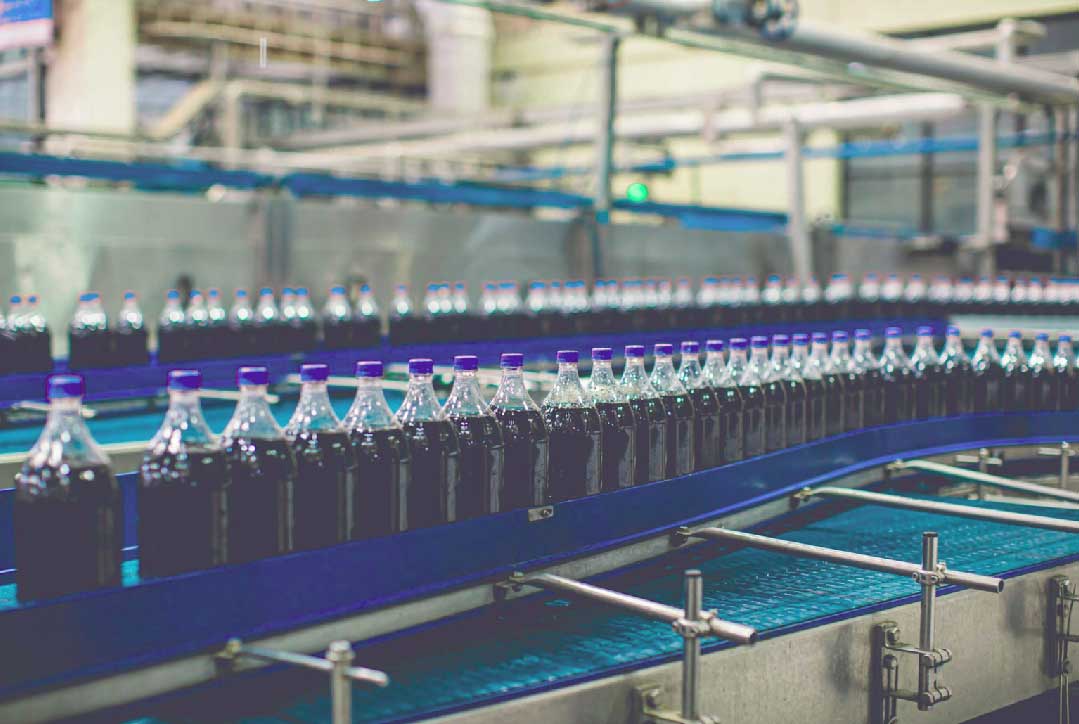Improve water recycling efficiency at a bottling plant
Reduction in cost of wastewater reuse and waste disposal by adopting water recycling and reuse strategies.
43% improvement in water recycle efficiency with 81% reduction in brine disposal volume.

SITUATION
High mineral content in water led to scaling. This hampered the wastewater recycling efficiency, thereby affecting the waste management process.
CONTRIBUTING FACTOR
With little or no coolant getting to the hottest part of the system, scale buildup can very rapidly bring any system to its knees.
CHALLENGES
Conventional methods failed to evaluate low-cost processes for cooling tower blowdown. The need was to maximize the recovery of treated water, thus reducing the blowdown disposal, and minimizing deep well disposal requirements.
SOLUTION
Our AI-based system was installed to optimize a treatment train including desilication chemical dosing, inclined plate clarifier, UF and RO units through an integrated SCADA level automation platform, to synergistically manage the precipitant dosage for the chemical desilication, monitoring the recycle rate of the UF to optimize the floc sizes for solids removal, and managing the recovery of the RO process by maintaining a consistent RO feed quality.
ADDITIONAL BENEFITS
Simultaneous autonomous optimization of the UF operation with desilication chemistry dosing maintained a sustainable RO feed quality and throughput, allowing the RO unit to maximize water recovery. The pilot demonstrated 77% recovery with the single-stage RO operation, yielding a treatment cost of $0.65-0.75 /m3, 81% reduction in brine disposal volume, and generation of a solid waste which can be classified as non-hazardous waste.
